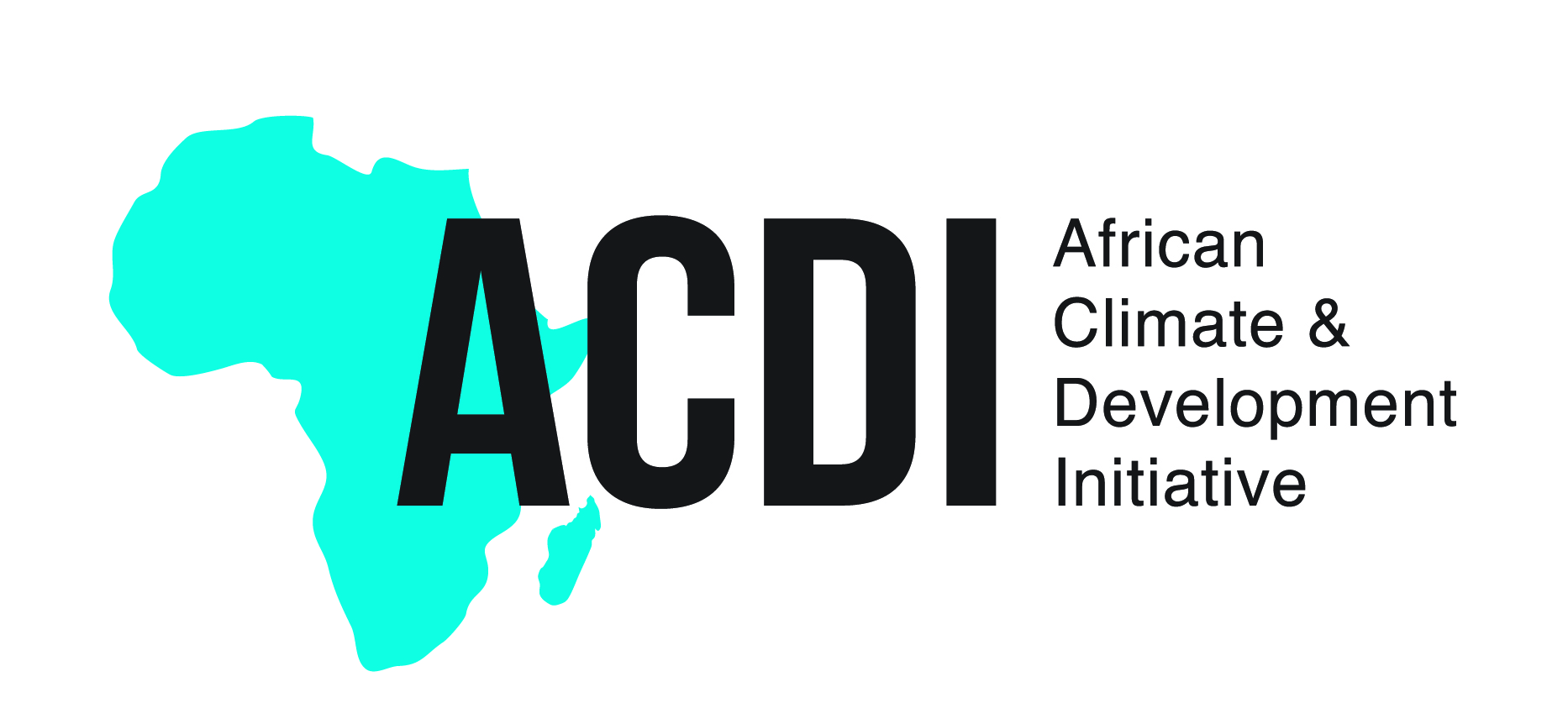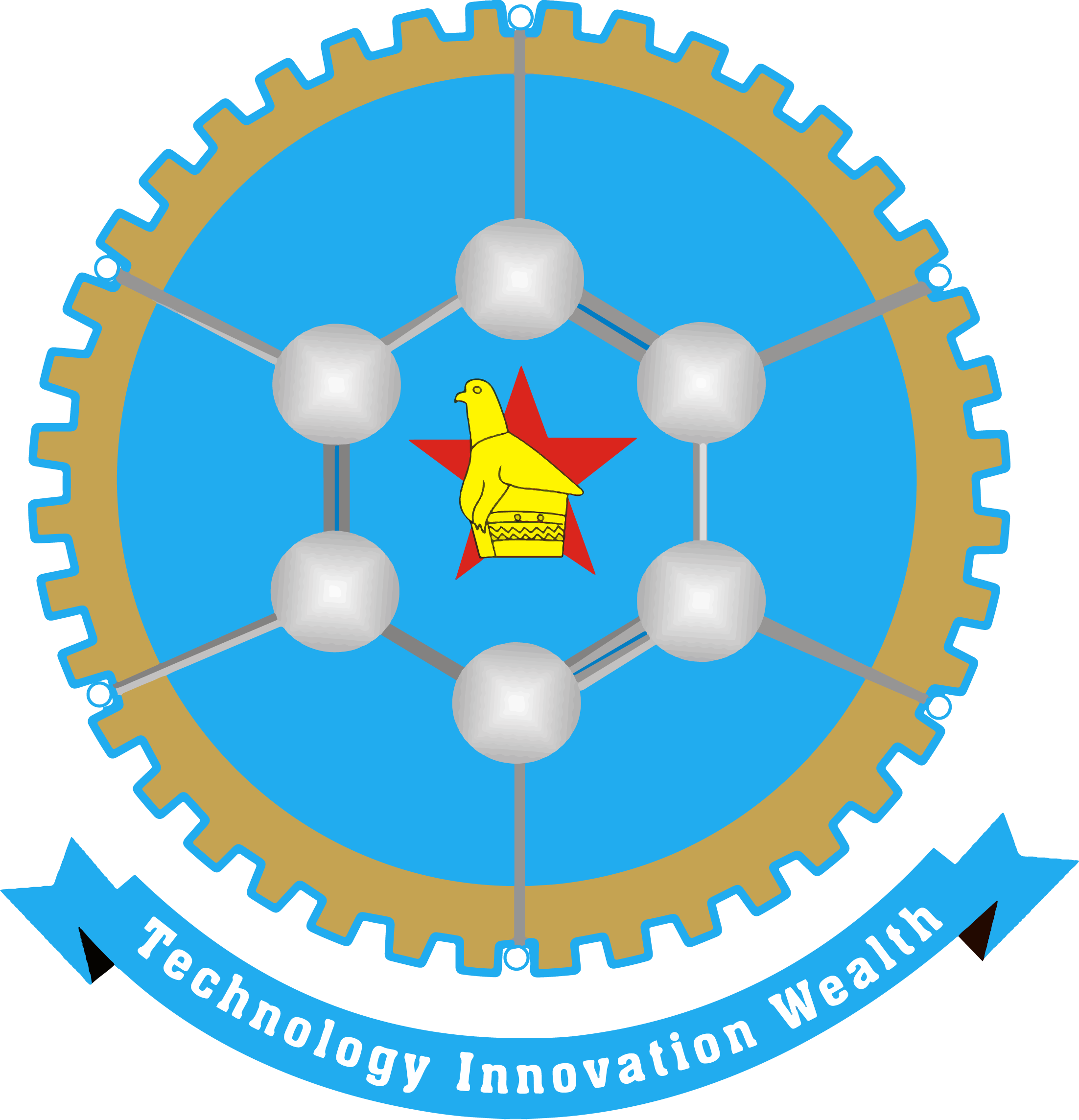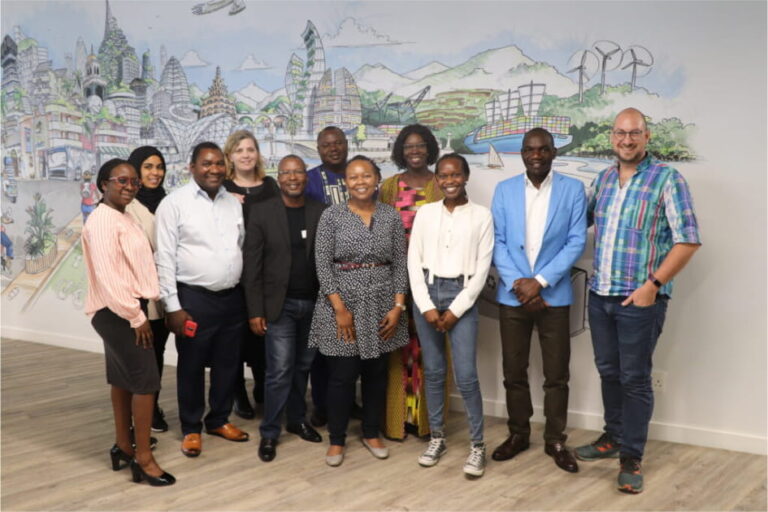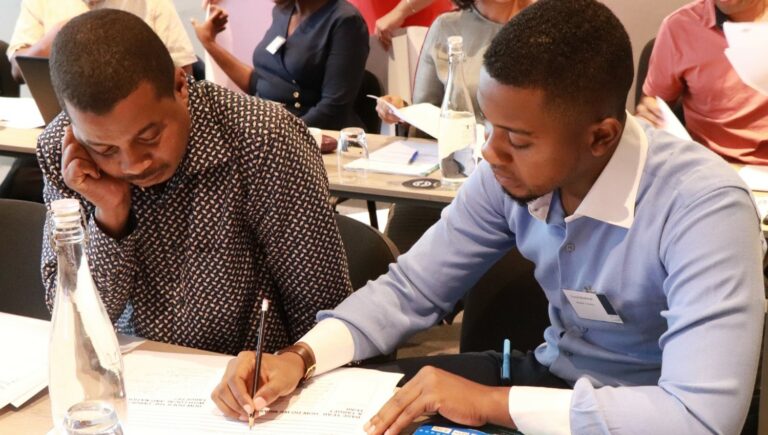Improving municipal planning for African cities
We work with local governments to improve municipal planning for African cities for a climate resilient urban future.

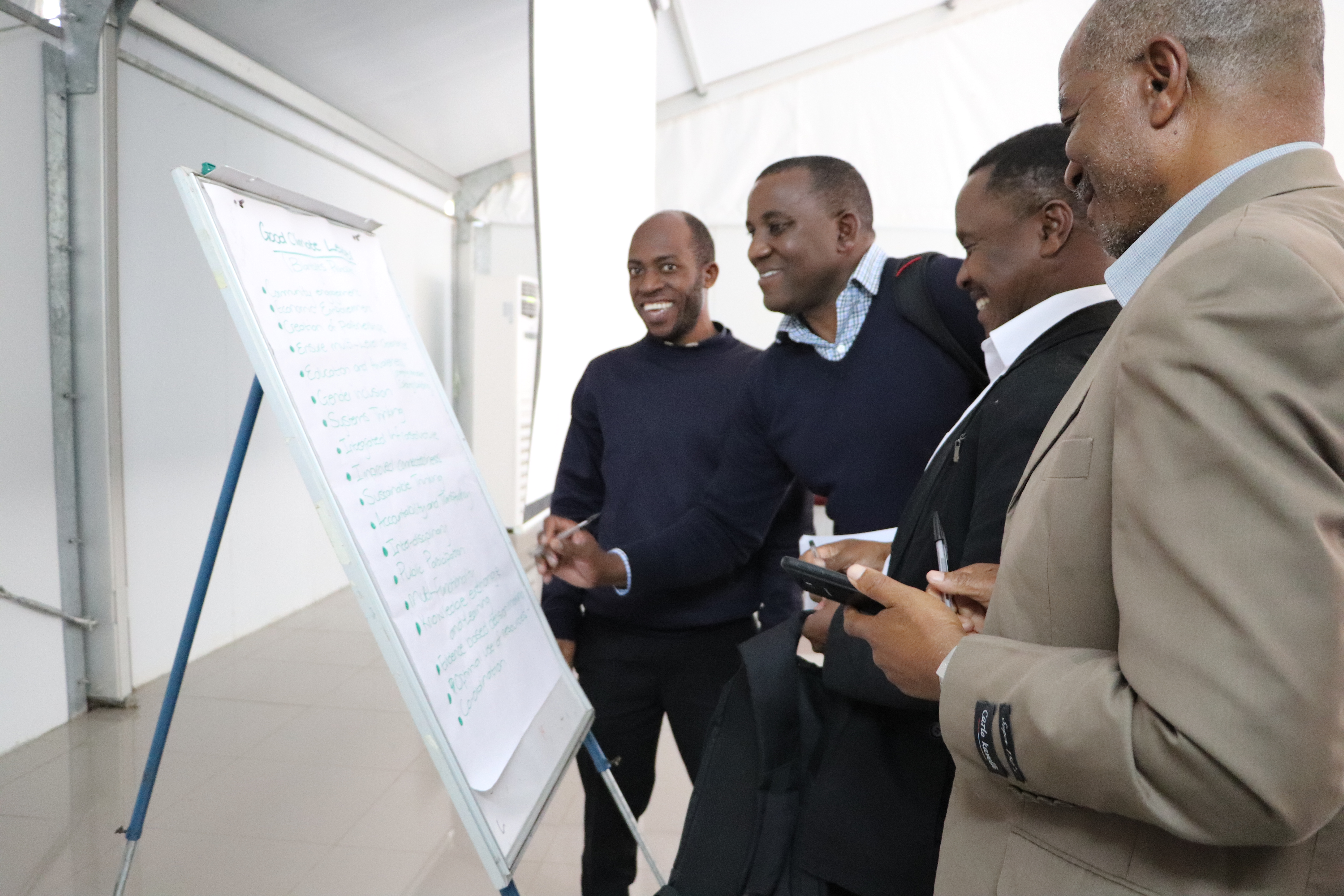

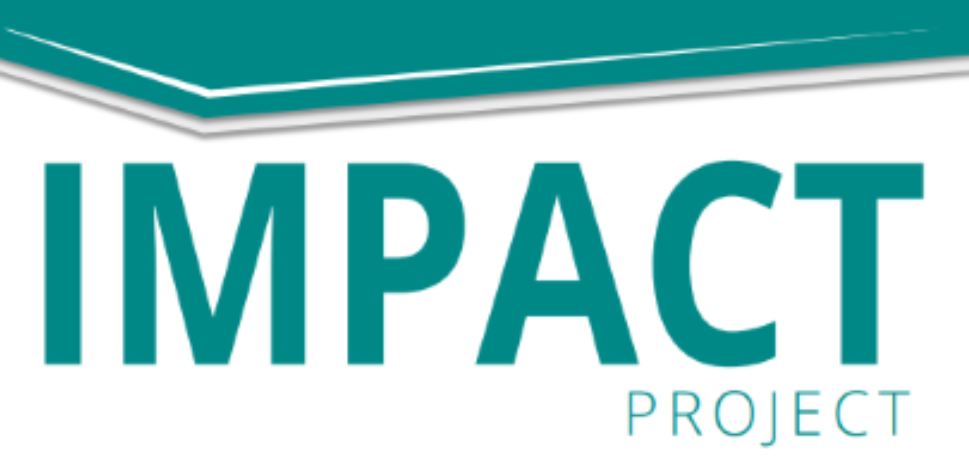
Years active:
2018 - 2020
Related ICLEI Pathway(s)
Locations
About
Project summary
Climate change, service provision, skills development and sustainable governance systems are pressing challenges in sub-Saharan Africa and government officials face ever-increasing complexity and uncertainty in decision-making. To deal with these challenges and harness solutions, governments need innovative ways to engage with research, community and private sector institutions. Collaborative governance can improve municipal planning and increase the resilience of cities to the effects of climate change and numerous social challenges.
Local governments often lack the necessary collaboration mechanisms to effectively harness the needed relationships for inclusive governance and decision-making that builds local level climate resilience. Complex barriers prevent collaboration mechanisms that have been adopted to achieve maximum effectiveness. IMPACT is a research project that seeks to concretise these barriers and find ways to overcome them.
IMPACT investigates how African cities can implement collaboration mechanisms that enable Improved Municipal Planning in African CiTies (IMPACT) for climate resilient development. It identifies existing collaboration methods and their impact, barriers and enablers to implement and maintain them, and the ways in which they enable improved planning for climate resilient development.
Climate change, service provision, skills development and sustainable governance systems are pressing challenges in sub-Saharan Africa and government officials face ever-increasing complexity and uncertainty in decision-making. To deal with these challenges and harness solutions, governments need innovative ways to engage with research, community and private sector institutions. Collaborative governance can improve municipal planning and increase the resilience of cities to the effects of climate change and numerous social challenges.
Local governments often lack the necessary collaboration mechanisms to effectively harness the needed relationships for inclusive governance and decision-making that builds local level climate resilience. Complex barriers prevent collaboration mechanisms that have been adopted to achieve maximum effectiveness. IMPACT is a research project that seeks to concretise these barriers and find ways to overcome them.
IMPACT investigates how African cities can implement collaboration mechanisms that enable Improved Municipal Planning in African CiTies (IMPACT) for climate resilient development. It identifies existing collaboration methods and their impact, barriers and enablers to implement and maintain them, and the ways in which they enable improved planning for climate resilient development.
Project aims
Project activities: IMPACT requires a systems-thinking approach, as it investigates the intersection between urban transitions, climate change and developing urban resilience. It is critical to regard cities as complex socio-ecological systems that intricately connect humans and ecosystems through resource and service feedback loops.
The methodology focuses on co-production, co-exploration and value creation to develop contextually appropriate responses. This requires engaging and collaborating with a range of stakeholders in different sectors of society and levels of government, within each project city.
Activities aim to:
- Understand how different African city stakeholders understand climate resilient development.
- Develop locally relevant criteria for the assessment of the effectiveness of collaboration mechanisms in contributing to climate resilient development.
- Identify and assess the barriers and enablers of collaboration mechanisms currently in place in four cities.
- Identify and assess the barriers and enablers of collaboration mechanisms currently in place in four cities.
- Assess in what ways tailor-made collaboration mechanisms can be successful in enabling climate resilient development.
- Develop guidelines for the implementation of collaboration mechanisms that contribute to climate resilient development, which can be applied in local government policies and plans.
- Build the capacity of stakeholders engaged in the project to implement contextually relevant collaboration mechanisms that contribute to climate resilient development.
Project activities: IMPACT requires a systems-thinking approach, as it investigates the intersection between urban transitions, climate change and developing urban resilience. It is critical to regard cities as complex socio-ecological systems that intricately connect humans and ecosystems through resource and service feedback loops.
The methodology focuses on co-production, co-exploration and value creation to develop contextually appropriate responses. This requires engaging and collaborating with a range of stakeholders in different sectors of society and levels of government, within each project city.
Activities aim to:
- Understand how different African city stakeholders understand climate resilient development.
- Develop locally relevant criteria for the assessment of the effectiveness of collaboration mechanisms in contributing to climate resilient development.
- Identify and assess the barriers and enablers of collaboration mechanisms currently in place in four cities.
- Identify and assess the barriers and enablers of collaboration mechanisms currently in place in four cities.
- Assess in what ways tailor-made collaboration mechanisms can be successful in enabling climate resilient development.
- Develop guidelines for the implementation of collaboration mechanisms that contribute to climate resilient development, which can be applied in local government policies and plans.
- Build the capacity of stakeholders engaged in the project to implement contextually relevant collaboration mechanisms that contribute to climate resilient development.
“Issues of environment and climate change are very much the focus for planners because planners deal with human activities. As planners, we are in the centre of the human activities, and issues of environment are at the centre of our profession. It should have been planners disseminating the information regarding the Nationally Determined Contributions."
- Catherine Kulemeka, Chief town planning officer, Lilongwe City Council
Project highlights
Highlight 1
Run an NDC Climate Change Dialogue in each of the countries with stakeholders from national and local government, academia and the private sector
Highlight 2
Engaged with national and local government officials in each country to unpack mandates around four thematic themes.
Highlight 3
Situational and socio-economic analysis reports, one for each city
Highlight 4
Database of existing collaboration mechanisms
Highlight 5
Stakeholder mapping in each of the countries




